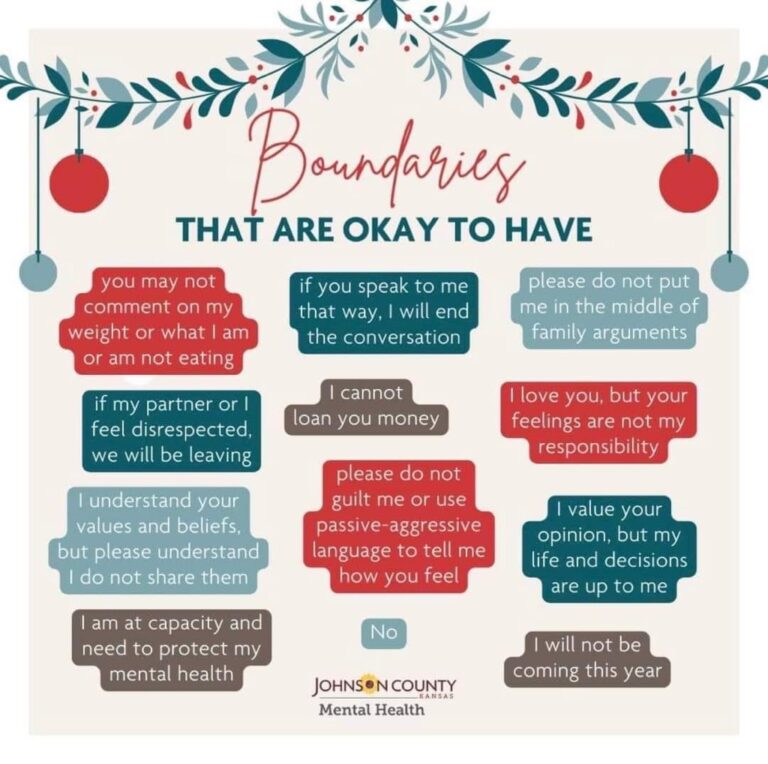Mental health disorders can be described as any mental, behavioral or emotional disorder that results in impairment in multiple aspects of an individual’s life. According to the National Institute of Mental Health, approximately one in five adults in the United States lives with a mental health disorder. There is a large amount of stigma attached to mental health disorders (and addiction). As a result, many people are hesitant to discuss their signs and symptoms and to seek mental health treatment from a professional. However, over the past few years, and especially during the COVID-19 pandemic, mental health has been discussed more and more in mainstream media, breaking down the stigma and providing more mental health treatment access.
Types of mental health treatment: levels of care
Mental health treatment takes place in various settings and involves a multidisciplinary team of providers, including mental health therapists, nurses, psychiatrists, mental health advocates, and community support groups. Depending on the severity of the mental health disorder, mental health treatment levels of care range from inpatient hospitalization and residential treatment to differing outpatient treatment levels. Mental health treatment is not a one-size-fits-all approach and instead is tailored to the individual and the presenting signs and symptoms. As a result, multiple mental health treatment options can be used in different combinations.
Inpatient treatment: Inpatient psychiatric treatment is the highest level of care for mental health disorders and takes place in a hospitalized setting, either in a psychiatric private or state/country hospital or in a medical hospital with a psychiatric floor. Inpatient hospitalization provides stabilization, close monitoring, administration of medications, fluids, nutrition, and careful transfer of care once the individual is stabilized (both medically and mentally). Individuals can be voluntarily or involuntarily admitted to psychiatric hospitals for the following reasons:
Danger to themselves or others (homicidal or suicidal)
Hallucinations or delusions
Inability to care for themselves due to severe mental health symptoms
Residential treatment: Residential mental health treatment takes place in a residential facility such as a home or dormitory and provides care 24 hours a day. Individuals entering residential treatment must be medically stable but often will have moderate to severe mental health symptoms such as disturbing thoughts, low-self esteem, and the inability to function independently outside of a treatment environment. Homicidal or suicidal ideations must not be present. Supervision, medication management, therapy, recreational activities, meals, and nutritional counseling, are important aspects of every residential program.
Intensive outpatient treatment: Intensive outpatient treatment, also known as IOP, combines medication management and therapy in an outpatient setting such as a medical office or community center. Individuals in intensive outpatient treatment spend an average of 10 hours in therapy over three to five days a week. This allows the individual to live independently, be employed, and take care of household obligations. The individual must be able to function independently outside of treatment and must have a strong support system.
Outpatient treatment: Outpatient treatment is similar to intensive outpatient treatment except for the time commitment. Outpatient treatment is often viewed as “maintenance therapy” as individuals engage in treatment anywhere from twice a week to once a month, mainly to discuss medication management and any lingering signs and symptoms. Outpatient treatment can consist of individual therapy or group therapy. Outpatient treatment can also be done from the individual’s home via teletherapy, which has grown exponentially over the past year due to COVID-19.
Community support groups: This is a type of outpatient treatment but is in an informal setting and doesn’t necessarily involve a licensed therapist or physician. This level of care can also be free of charge. 12-step programs are the most common type of community support groups for individuals with mental health disorders.
Types of mental health treatment: psychotherapy
Depending on the specific mental health disorder, mental health treatment initiates with psychotherapy. Psychotherapy can range from an array of multiple treatments; however the most common are listed below:
Cognitive-behavioral therapy (CBT): Cognitive behavioral therapy encompasses multiple techniques that focus on recognizing negative automatic thoughts and behaviors and using techniques to replace them with positive behaviors and cognition. Distorted or maladaptive thoughts are initially identified and addressed to allow better insight and understanding of the underlying triggers associated with these thoughts. Both the individual and therapist must recognize these thoughts and when and why they occur in order for behavioral change to take place. Behavioral approaches include journaling, exploring the underlying irrational beliefs regarding the individual’s self-esteem, learning to differentiate between healthy and unhealthy feelings, and maintaining a written log of thoughts and resulting feelings.
Interpersonal psychotherapy (IPT): Interpersonal psychotherapy (IPT) addresses specific areas within the individual that cause maladaptive thoughts, perceptions, and behaviors. Recognizing interpersonal conflicts, conflicts with others, grief, and stress can help change the maladaptive thoughts and work to improve mood and self-esteem.
Eye movement desensitization and reprocessing (EMDR): Eye movement desensitization and reprocessing (EMDR) helps individuals recognize, process, and work through their trauma in a healthy and safe manner. The individual does not have to re-experience the trauma but instead is required to focus on the unsettling memory and subsequent emotions associated with the traumatic event. EMDR uses a mechanism known as eye-movement tracking, which involves concentrating on the past traumatic event while simultaneously using side-to-side eye movement to track external stimuli such as the wave of a finger. This stage allows for the recognition of internal associations, allowing the client to process the memory and disturbing feelings that are associated with the traumatic event. After each phase of the bilateral movement, the therapist asks the client how they feel, and this process continues until the memory of the trauma is no longer disturbing. Over time, these distressing feelings and associations are replaced with empowerment and strength. Keep in mind that the memory of the traumatic event will still exist, but the negative feelings and emotions associated with the trauma are no longer interfering with daily functioning.
Family-based therapy (FBT): Family therapy, or family-based treatment, has been shown to be most effective in individuals who are under 18 years old and if applied within three years of the onset of the illness. Many experts believe that mental health disorders are a family disease, meaning that all family members are affected by the disorder. In family therapy, the family is not only taught about the symptoms, underlying triggers, and complications associated with their loved one’s disorder, but they are also taught healthy boundaries and types of support they can offer to help their loved one recover from their mental health disorder.
Types of mental health treatment: medication
Medications are often used for moderate to severe mental health disorders and are almost always used when an individual is experiencing mania or psychosis (delusion and hallucinations). Medications are used in combination with psychotherapy for the best outcome. Some medications such as antidepressants, specifically selective serotonin reuptake inhibitors (SSRIs), can be used for more than one mental health disorder, whereas other medications such as Lithium are specifically used for mania seen in bipolar disorder. Below is a list of common medications used to help alleviate signs and symptoms of mental health disorders:
Antidepressants
Mood stabilizers
Antipsychotics
Anti-anxiety
Stimulants
If you or a loved one is experiencing signs and symptoms associated with a mental health disorder, and it is interfering with your life, it is extremely important to seek professional treatment as soon as possible. The sooner treatment is administered, the less likely complications will arise, and the more likely the individual will be able to successfully navigate life without debilitating symptoms. The first step is recognizing the signs and symptoms, and the next step is contacting a reputable treatment center.




